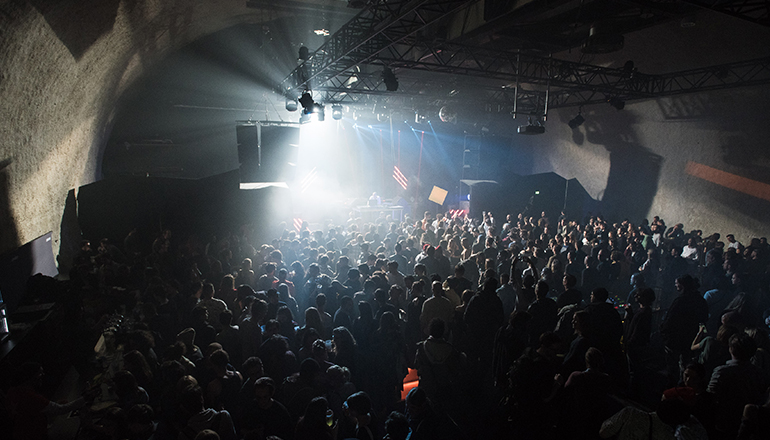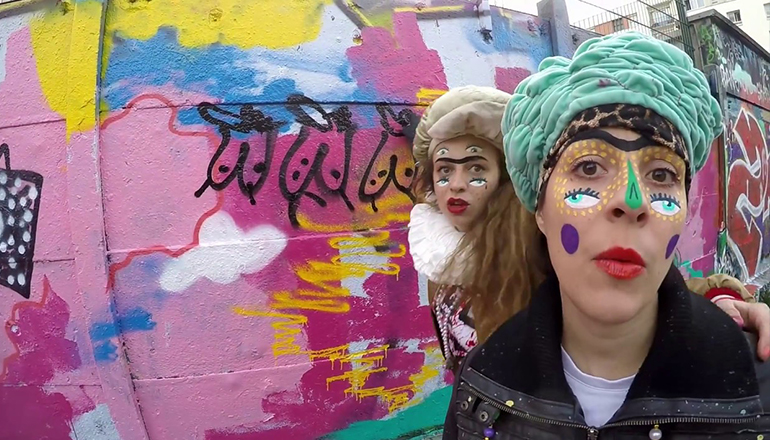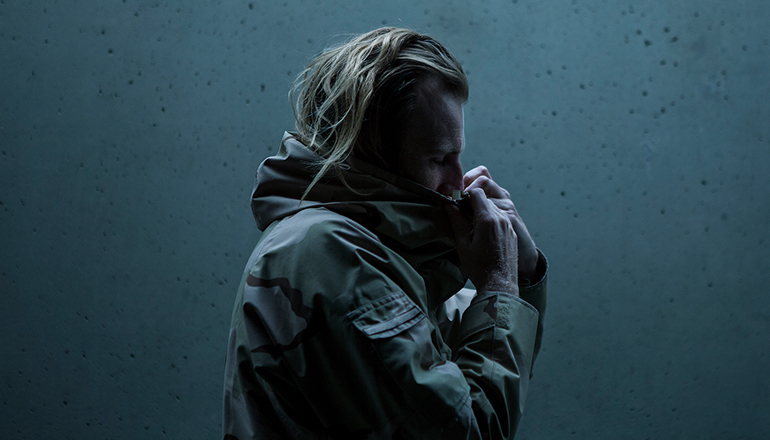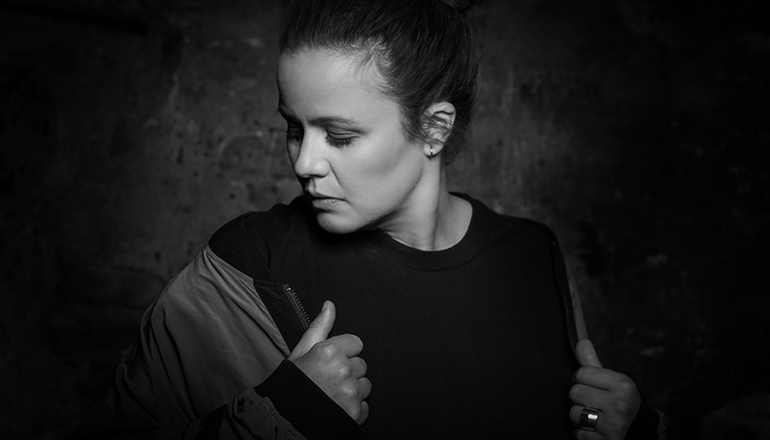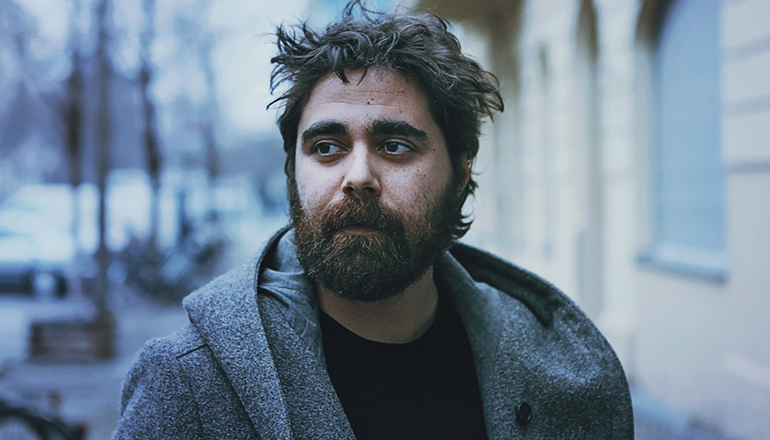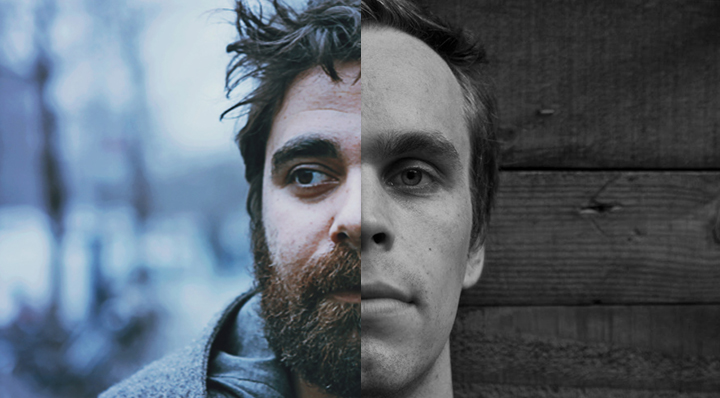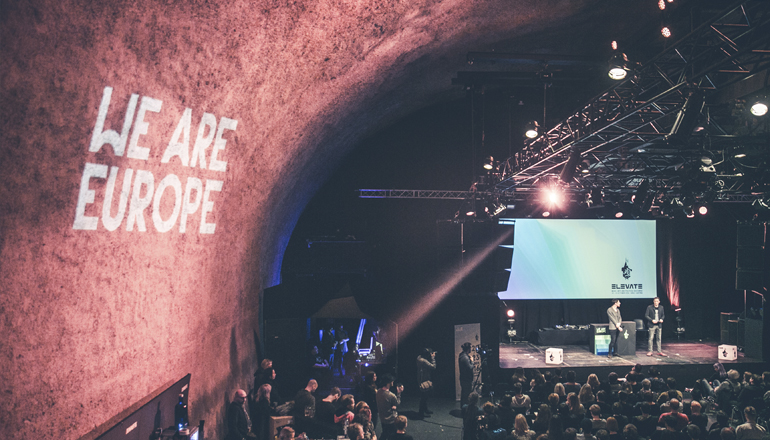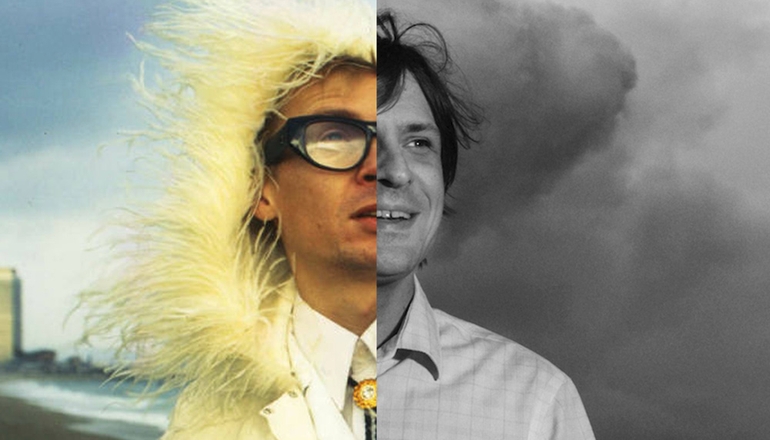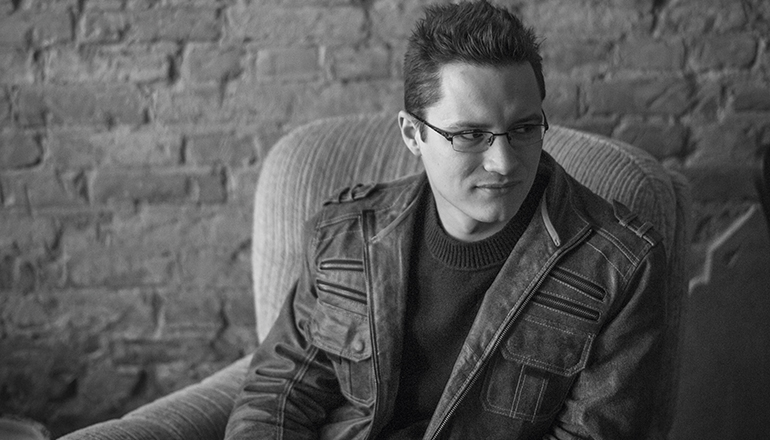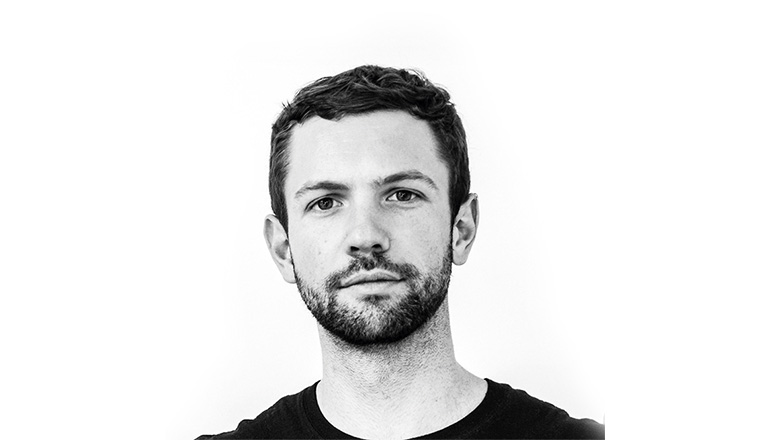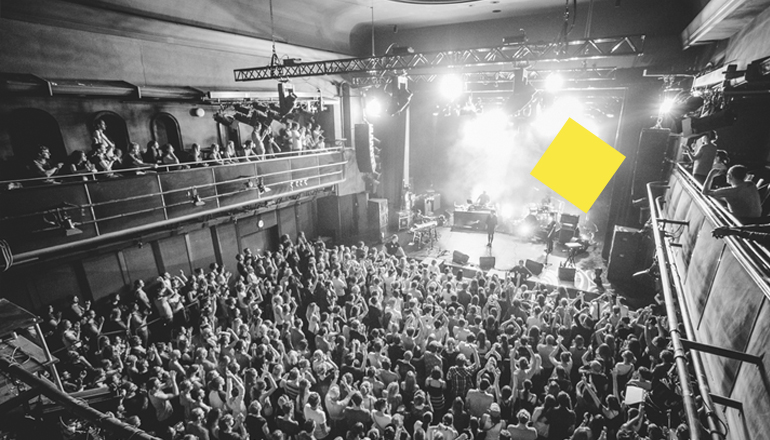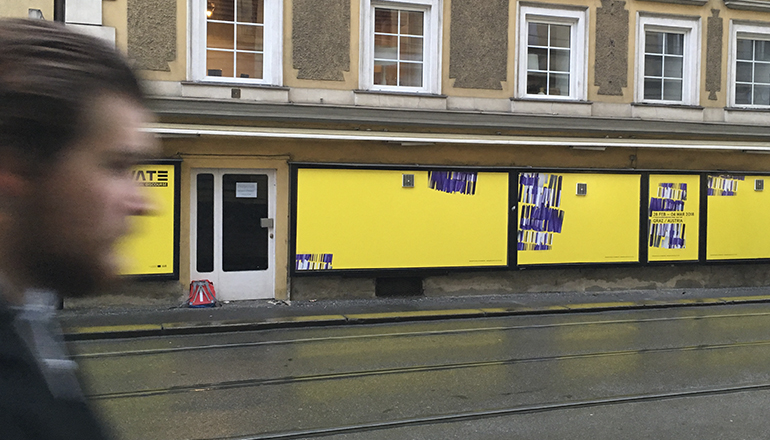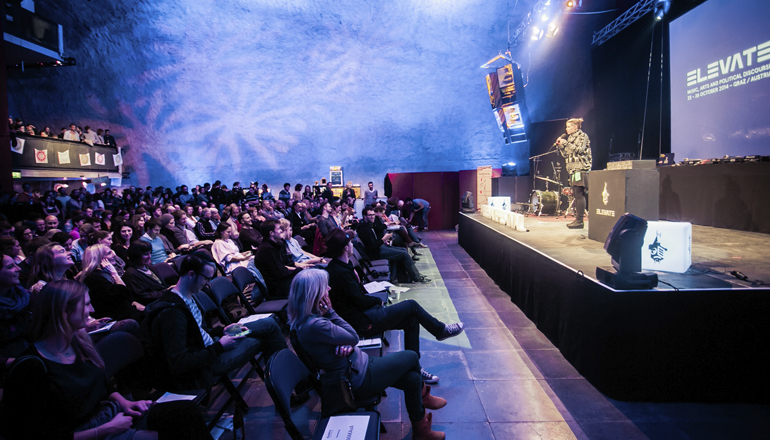THURSDAY, 24 OCT 12:00 - 13:00 Forum Stadtpark
This is a loose transcript of a dialogue between Michael Bauer, who works for the Open Knowledge Foundation in the School of Data, and Thomas Lohninger, who works as a software developer and studies Cultural and Social Anthropology at the University of Vienna.
Thomas: What is an open society?
Michael: It is the right to design one's own space of life - and, naturally, that will be in collaboration with others.
Michael: What is a free society?
Thomas: A free society is almost like pornography - you know it when you see it. The fight for a free society is never won: we have to draw the line again and again - especially where digital rights are concerned. We need basic freedoms for a functional democracy and, because democracy is happening more and more on the net, we have to pay special attention to digital rights.
Thomas: What can Open Everything change?
Michael: There are three basic rights which make something "open":
1) the right to access this thing.
2) the right to adapt this thing to my needs.
3) the right to share the things I adapt - or even to sell them.
There's a nice example of the power of openness from the UK. When British Members of Parliament handed in their expenses, The Guardian newspaper appealed to its readers and asked them to help analyse the data. A lot of interesting stories were told about this data and, as a result, MPs changed their behaviour because they knew that people were looking into how they were spending public money.
Michael: Is there a limit to open data? Is there still privacy?
Thomas: Open data must end where our privacy begins, but it is difficult to define privacy. In fact, different people in different situations in different countries all have different boundaries between public and private.
Previously, the Stasi had to look through the thousands of individual files to find suspicious persons. Now the NSA have powerful computer clusters which can use algorithms to analyse vast quantities of data and decide if someone looks suspicious.
This kind of profiling is also used by insurance and credit checking companies to allow or deny insurance and credit. We have very little control over these decisions; they are made by algorithms - which can be a serious problem if you fall on the wrong side of the threshold.
Thomas: We talk about Prism in the US, but what's it like in Europe?
Michael: There is no difference. My phone company, email provider and social networks all record data on where I am, what I say and who I say it to. This data can be used by governments as a way of managing dissidents, which is very different to the idea of protecting citizens from outside threats.
Air passenger data agreements can put "suspicious" travellers on a global travel black list. This is called "identification of unknown suspects", where people who behave a little differently are automatically suspects. The problem is that the percentage of people who are actually criminals is tiny; but everyone is under surveillance and many people are wrongly labelled as suspicious.
Michael: What is the problem with the surveillance of suspects?
Thomas: All human beings change their behaviour when they know they're being watched. Are we still living in a free society? I don't think so: under constant surveillance, we act differently.
Surveillance is widespread now because it is cheap and easy, but surveillance only gathers data. It still has to be interpreted. Patterns in the surveillance data are now being used to identify possible criminals. The only problem with this "pre-detection" of crime is that it lacks the chain of causality.
Thomas: What can we do to get out of here?
Michael: Don't change the way you behave! Don't avoid saying things that need to be said just because you are under surveillance. There is an imbalance of power at the moment. The state knows everything about me: I am transparent. But the state is trying to act in the most secretive way possible.
In Europe we do have laws on data protection, but they don't really work. We need to make them work; we need to make sure that less information gets into the hands of governments and companies. Equally, governments and companies need to become more transparent. States create the context of our lives; we want to know how.
Michael: Does technology change our values or can our values change our technology?
Thomas: It's time to stop experimenting with IT and start building hardware and software around data protection. We need new tools for data self-defence. The state shouldn't be trying to protect itself from citizens - it should be the other way around.
David Charles' Blog: www.davidcharles.info
